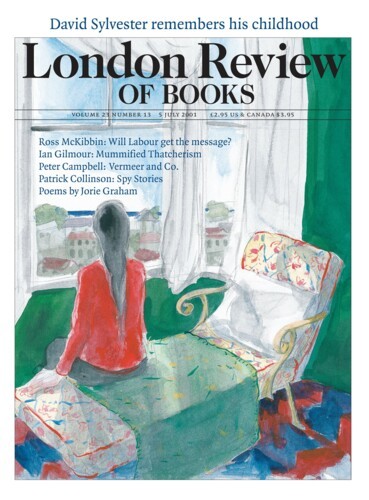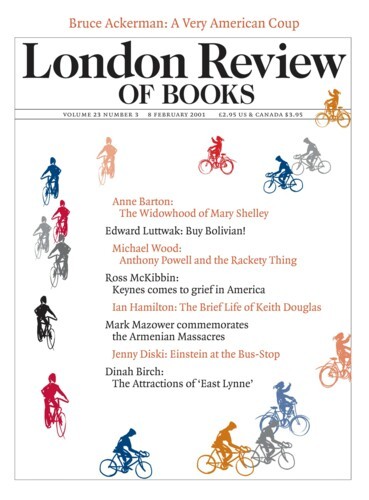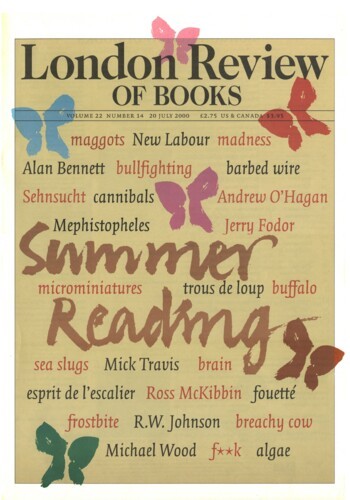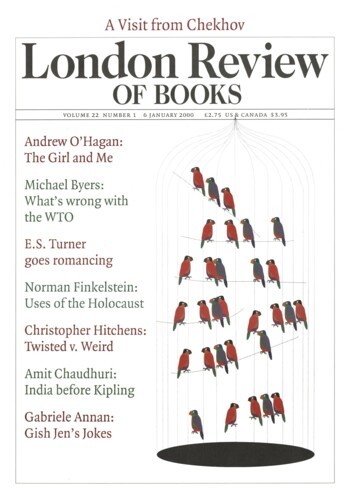The Tax-and-Spend Vote: will the election improve New Labour’s grasp on reality?
Ross McKibbin, 5 July 2001
The result of the election is indeed a remarkable one: a Government liked and respected by few and despised by some preserved its already huge majority virtually intact, and it did so with a pitiful proportion of the eligible vote. The deficiencies of the electoral system are now more gross than ever, while a three-party system – in Scotland and Wales a four-party system – and...




